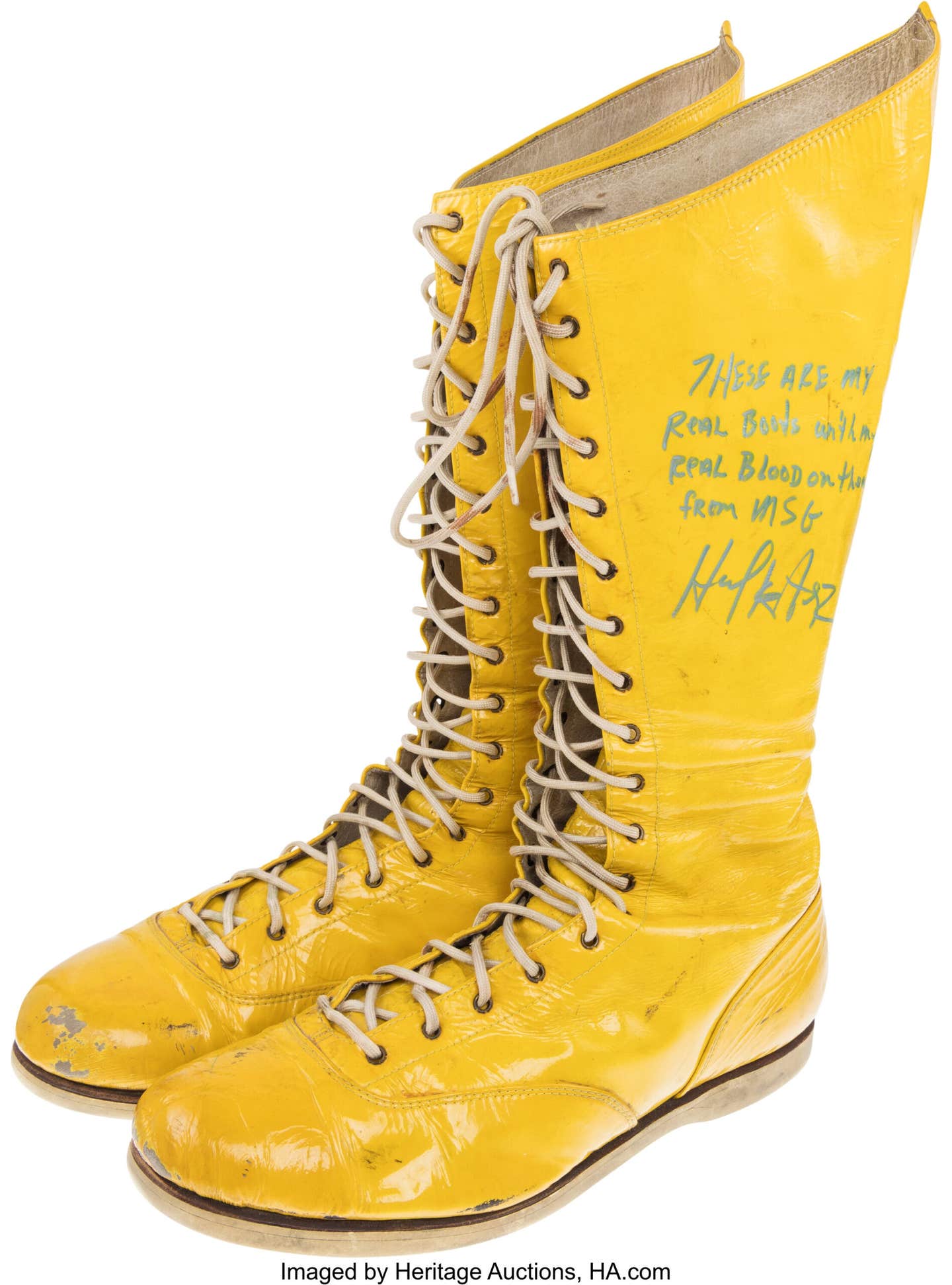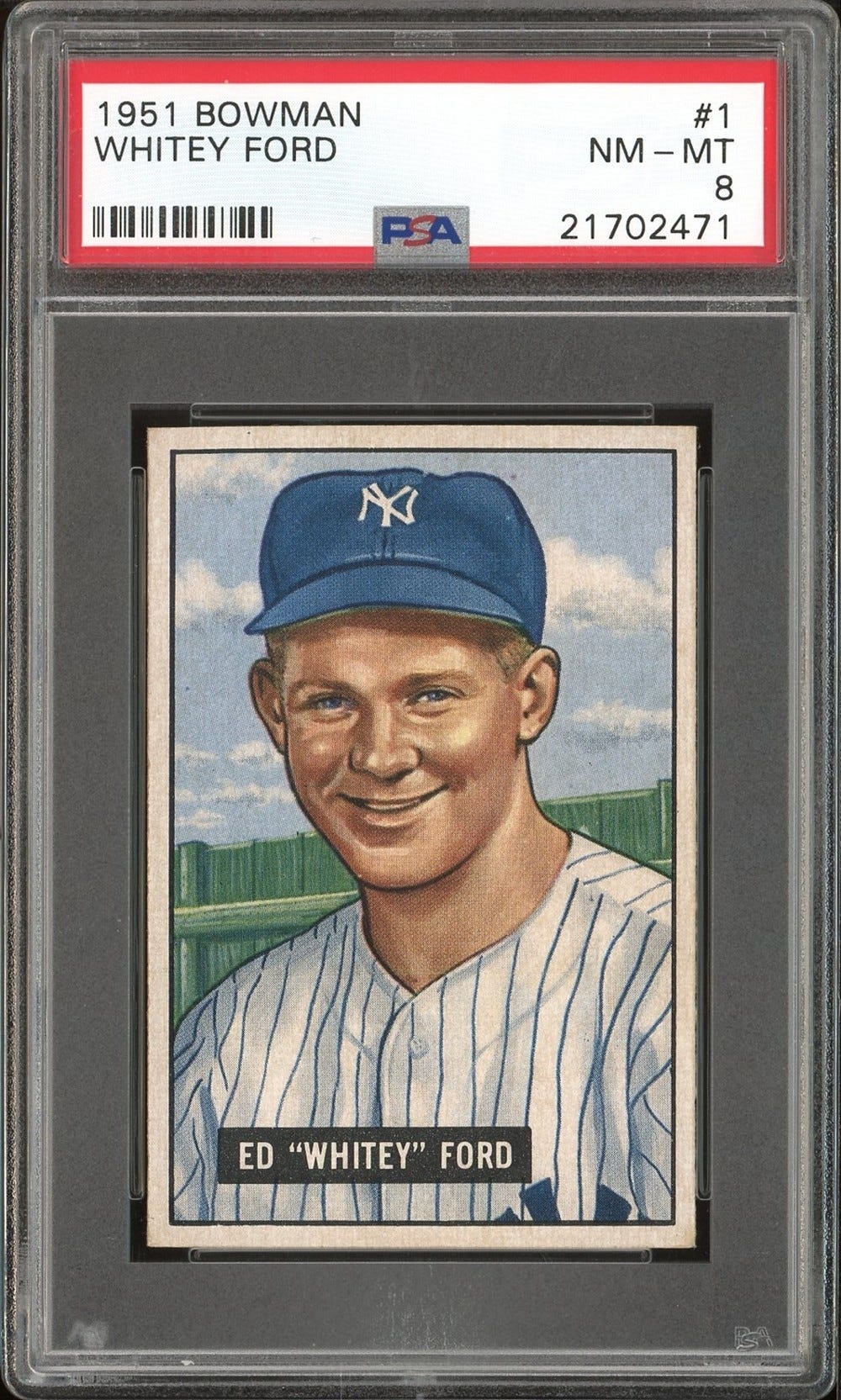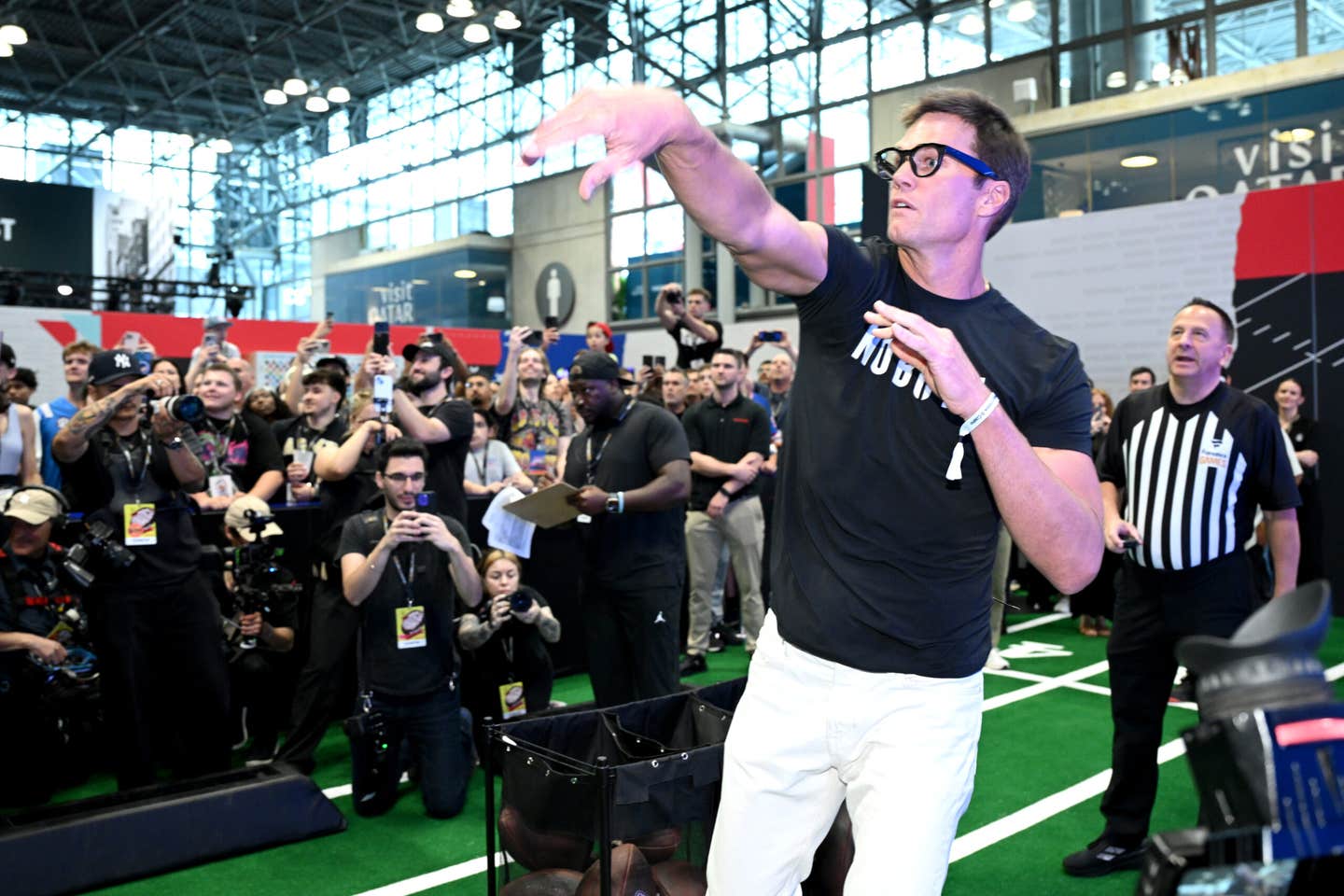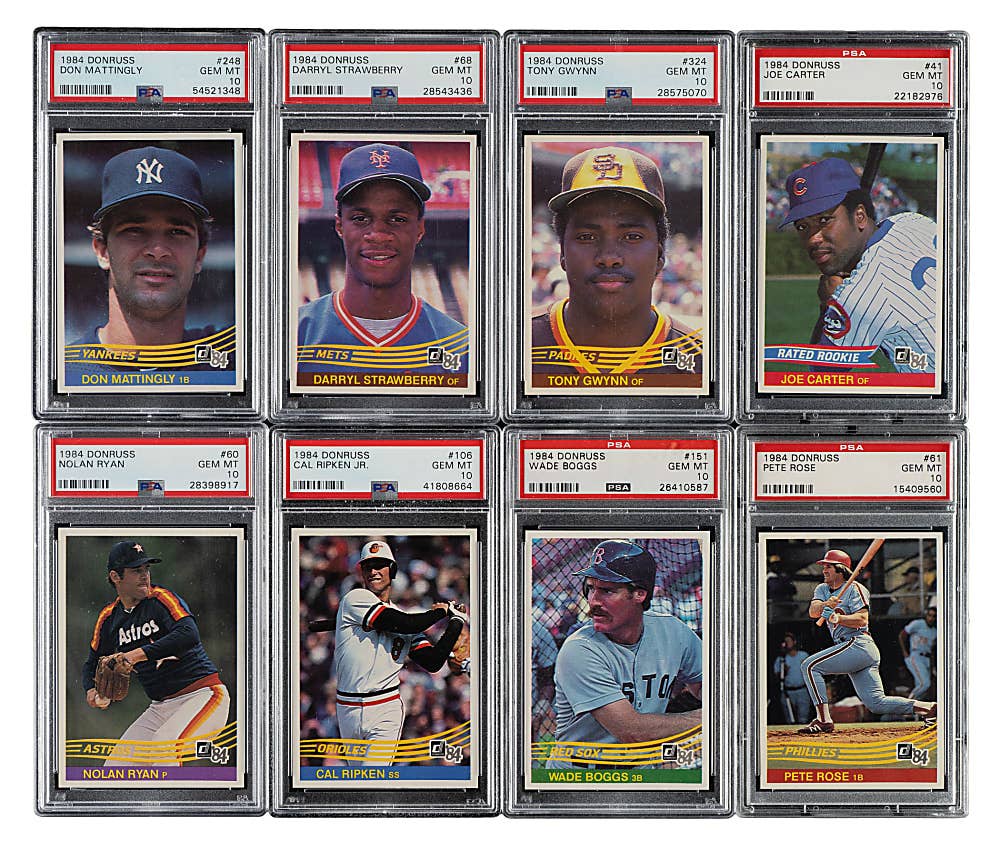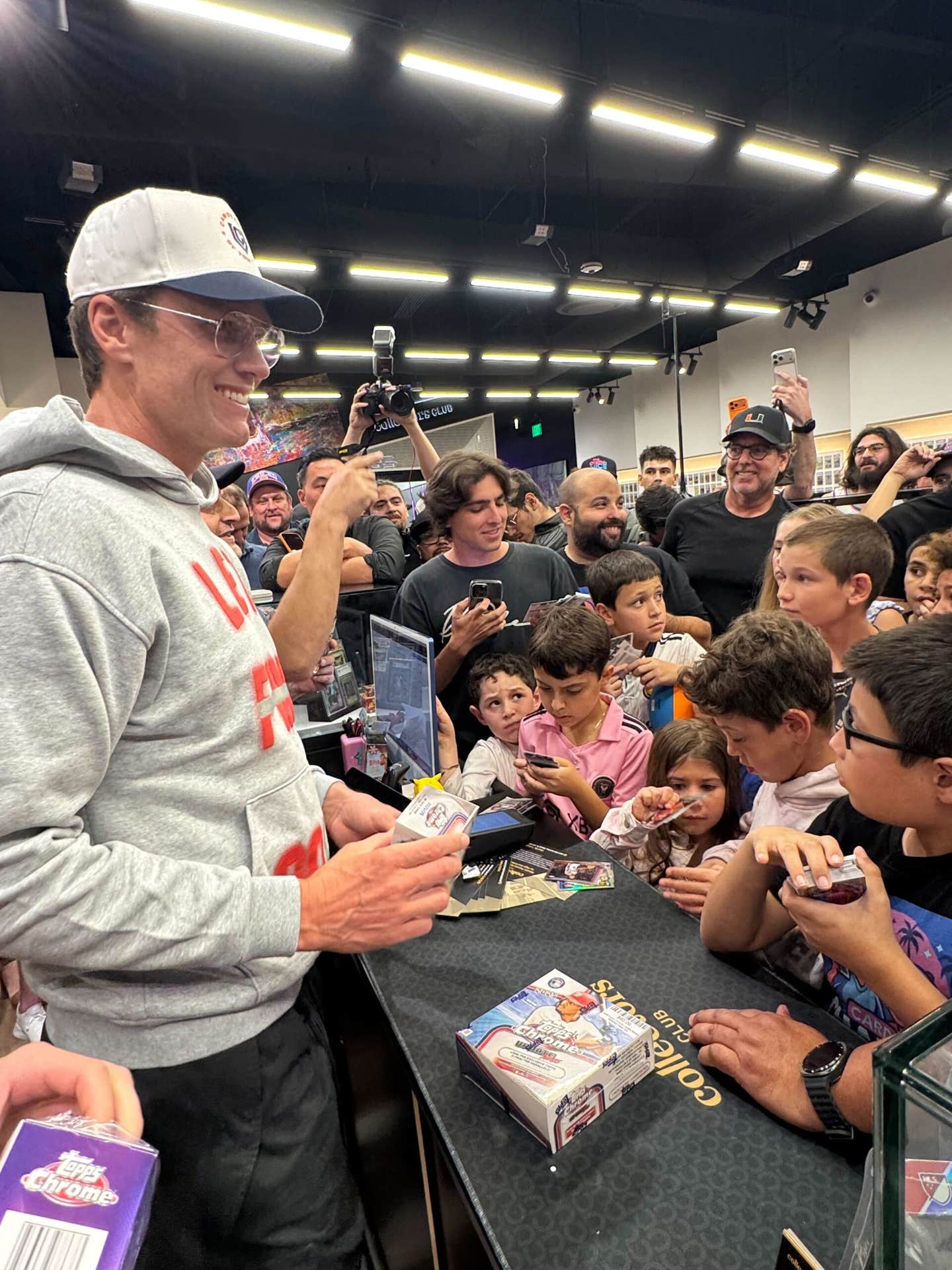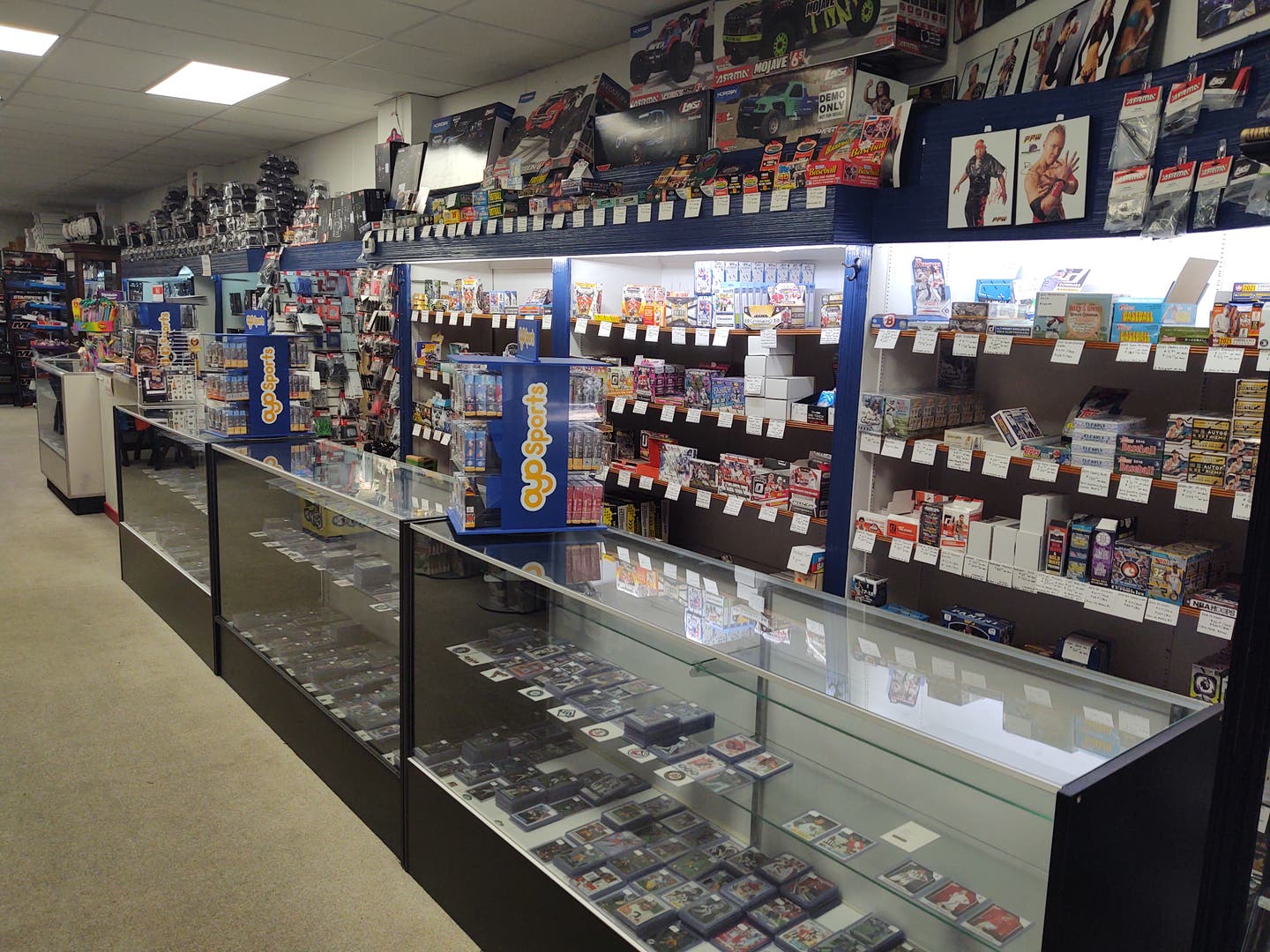
News
Topps sale generates excitement in hobby, but raises more questions for card shops, distributors
For the last 26 years, Sports Card Junction has been receiving its Topps products directly from the manufacturer.
Collectors consistently stream into the Pittsburgh-based shop to pick up the latest Major League Baseball releases from Topps.
In August, shop owner Chad Weldon didn’t know if that would be the case in the future.
When word came down that Fanatics had secured the MLB and MLB Players Association licenses previously held by Topps, Weldon dealt with plenty of uncertainty as to whether hobby shops would be included in Fanatics’ distribution plans.
Flash forward four months when Fanatics purchased Topps in early January, and Fanatics’ intent is still murky.
“When the news broke, the first thing was crazy optimistic about the future with still some reservations about if there would be some cutting of some or all middle men between [Fanatics] and the consumer, that’s something people have been talking about for months when the licenses were first taken over,” Weldon said. “There was a lot of direct-to-consumer talk initially. You just don’t know. We were trying not to panic until actual news broke originally.”
In an interview with CNBC the day after the Topps sale was announced, Fanatics owner Michael Rubin sounded as though he’s all for local card shops continuing to be a major player in the industry.
“The hobby shops are still critically important to us,” Rubin said. “They’re always going to be a vital part of this business forever.”
Weldon isn’t the only shop owner pondering endless, unanswered questions about the future.
Orlando Sportscards South owner Kendall Loyd is currently experiencing the best two-year run in his 30-plus years in business.
“There were some years that were tough and everything, but the last two years have made up for a lot of that. So, when you hear that news, it’s concerning,” Loyd said. “When you hear [Fanatics’] owner come out, and maybe he’s changed his tune a little bit, but early on saying, direct-to-consumer, that’s scary. Cut out the middle men or whatever. Is the middle man the distributor? Is the middle man a card shop owner?
“I know it’s not going to work direct-to-consumer, selling sports cards. Selling a hat, selling a jersey can work. There’s not excitement in that. You get a hat, who are you going to show it to? Are there people jumping up and down? On the other hand, selling a box of cards to people and they’re sitting in their house opening by themselves or with a small baby or a dog or a wife or girlfriend who don’t really care and you pull that big card and you’re all excited but there’s no one to be excited with.
“But in a store, there’s other customers, there’s an audience, there’s me. You know, I go along with it. If the guy’s excited, then I’m excited. It’s almost like a little fraternity or a sports bar where you hang out. I think [Fanatics] is wise enough to know that’s not going to happen just direct-to-consumer.”
Scott Mahlum, who has run Mill Creek Sports in Mill Creek, Wash. for 30 years, has a slightly different tone than some shop owners. He says Fanatics buying Topps is good for the industry and believes it will make the best decisions to help the hobby’s escalating growth.
“Fanatics has become huge because they’re smart and I think they’re going to view [card shops] as partners with them,” Mahlum said. “I don’t think they want to see the sports card shop go away. They understand that we’re a meeting place and a place where collectors and consumers can come and see the product in person and hold it versus an online presence. I feel pretty confident it’s going to be a great relationship.”
Phil Castinetti’s Sportsworld in Saugus, Mass. opened in 1986 amid a strong point in the hobby. Castinetti has gone through his ups and downs in the card industry since then, but is enjoying another prosperous period.
He’d like his hobby shop and others around the country to continue to get product in and have retail chains be cut out of the mix.
“Somebody’s going to get the short end of the stick, there’s no doubt about that,” Castinetti said. “Everybody can’t keep thriving the way it is. I would love to see like the Walmarts and Targets, you can eliminate them. They’ve got enough other stuff going on, you know, give us a break.”
DISTRIBUTION QUESTIONS
A lot of hobby shops that have been around for decades get their product directly from the manufacturer. Newer shops within the industry may not have the connections with Topps and other card manufacturers and generally have to receive their product through distributors.
GTS Distribution, based in Everett, Wash., is the largest trading card distributor in the United States. Distributors are also in the dark as to Fanatics’ plans for how the company is going to get cards to collectors.
Could Fanatics cut out the middle man, the distributors?
“We haven’t heard anything related to that at all,” said GTS Distribution Director of Marketing Rob Bertrand.
GTS Distribution delivers to several hundred hobby shops around the country.
“We’re extremely optimistic about the opportunities ahead, simply because it seems Fanatics is committed to growing the space and they’ll need to lean on established partners,” Bertrand said. “Knowing that we’ve got a strong track record and a good history, we think it’s just going to be an opportunity to grow the market.”
There’s another segment of the industry — the newest one — that could be cut out of the loop.
“Everything I’ve read, the people that seem like they’re real nervous are the breakers that don’t have a retail store and maybe even the trading card distributors wondering if there’s going to be a place for them in all of this,” Mahlum said. “I think that’s the bigger concern for those businesses than the trading card store. But that said, I don’t know if Fanatics is going to open up and add hundreds and hundreds of stores where the only way they get product is from the distributor. We’ll see what happens.”
Fanatics has yet to announce its plans for distributing its product. Once Rubin or Josh Luber — who was hired to head up the trading card division at Fanatics — release more information, card shop owners would like a number of issues addressed.
“I think the first thing they’ve got to do, and this is not just in our business but any business in this world, when someone buys out another business, the first thing you do is go to the people that are in the trenches,” Loyd said. “Go to the people who run it every day, not the pencil pushers, not the guys who sit in offices and do nothing, the guys who actually run that business or that store. You have to go to them to find out what is really going on.
“… Either call stores or visit stores from Florida to California and get everybody’s opinion of what we think. What can we do to keep everything going strong, because it’s strong now. It would be sad to take a step back, and people don’t like change.”
Castinetti wants to hear that hobby shops will continue to be valuable in the industry.
“I just want them to say, you know what, we’re going to first of all keep it to the brick-and-mortar shops and give them first crack at whatever is out there, then you do something with the retailers and the big stores,” Castinetti said. “We’re the backbone of this business, so give us the first shot at it.”
COLLECTORS APPROVE OF TOPPS SALE
Longtime card collector Mike Moynihan views Fanatics’ acquisition of Topps as incredibly positive and he’s expressed his optimism openly on his podcast “Golden Age of Cardboard.” Moynihan told Sports Collectors Digest the feedback he’s heard from true collectors is primarily good.
“All my collector friends are over the moon excited,” Moynihan said. “Not only the continuation of baseball, which [Topps] has had forever, but the reintroduction of, imagine Topps Chrome basketball, imagine Topps Heritage basketball and football cards and Ginter, Finest. So many wonderful ideas now that almost everything is kind of [under] one umbrella. The opportunities are phenomenal.”
Moynihan is a big fan of the Heritage baseball product. He’d like to see that implemented into football and basketball. However, those two sports don’t have the longevity with Topps like baseball does.
“It was easy with baseball because they started at the 50-year mark,” Moynihan said. “[2001] was the first year of Heritage doing ’52, and they’ve done every year since. How they do that, I don’t know. I’m excited to see how they figure that out.”
Fellow collector Sooz Lulgjuraj, who worked for Topps as the marketing communications manager from 2014-19, is enthusiastic about the move. She’d like to see Chrome and Finest resurrected.
“Those are two products for NBA and NFL that people are going to go crazy for, especially for me,” Lulgjuraj said. “I love Topps Chrome.”
In 2011, Todd Aaron Smith started a relationship with Topps as a sketch artist. Over the years, Smith has sketched many cards for the company across many products. Two that he’s most known for are Gallery baseball and Star Wars.
Smith, who also is a card collector, is one of many freelance artists Topps uses in its products. He is hoping that relationship continues for years to come.
“It remains to be seen what will happen with the brand, but Fanatics is a strong, strong company,” he said. “Hopefully Topps will have some new life breathed into it, and they can continue their long tradition of making great trading cards.
“I have a good bit of confidence that Fanatics will prove to be an excellent parent company of Topps. I have a positive outlook on their future and am excited to continue to be a part of the magic.”
One of the most well-known card collectors in the industry is Marshall Fogel, the owner of one of the three PSA 10 1952 Mickey Mantle cards. Fogel grew up collecting Topps cards and all the greats: Mantle, Ted Williams and Willie Mays, to name a few.
Fogel, who turns 81 in January, is happy to see the Topps company live on after 71 years of making baseball cards.
“They’re like George Mikan, the beginning of basketball, or like Knute Rockne,” Fogel said. “They’re the real deal. They’re the ones that started putting gum into cards. They did a lot for the industry. They did a lot for kids. And I think they should be well remembered for what used to be. To me, you don’t lose that.”
But what’s been lost, according to Fogel, is the innocence of collecting.
“We’ve lost the nostalgia of what it used to be, going to the Candyland, buying a pack of cards, hoping you could get Mantle,” Fogel said. “Not concerned about centering, not concerned about how much trading cards are worth, put them in the spokes of your tires, flip them against the wall and making a child’s game and having fun. It’s lost its innocence, and I was part of that. Now it’s an investment. A box now for a kid is $55. The game has changed.
“There’s a tear in my eye, not because it didn’t grow, because it isn’t what it was.”



